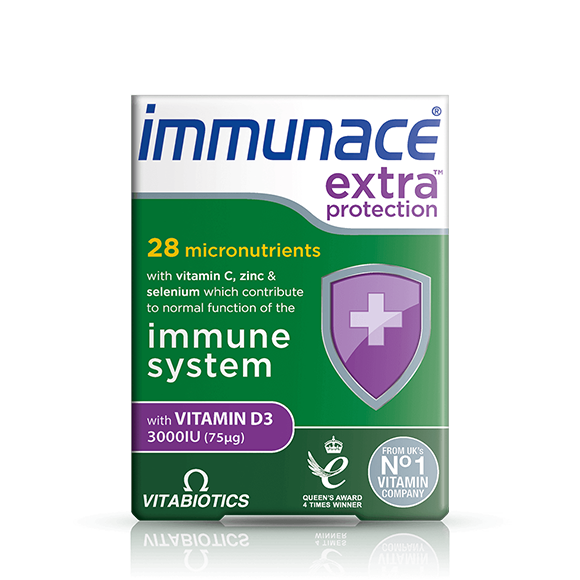Popular Categories
|
Frequently Asked Questions
Iodine is a mineral that is needed by the body to make thyroid hormones, which help control our metabolism, digestion and other functions. Sources of iodine include foods, such as milk, shellfish and seaweed, as well as being added to certain fortified foods.
The thyroid is a small, butterfly-shaped gland located in the neck. It has many functions including to control metabolism.
The thyroid produces thyroid hormones that regulate many of the body’s functions, including our metabolism, growth and development and heart rate.
Iodine has a wide range of benefits within the body, perhaps the best known being its role in the normal production of thyroid hormones and normal thyroid function. It also contributes to normal cognitive function, normal function of the nervous system and normal energy-yielding metabolism. Lastly, iodine contributes to the maintenance of normal skin.
According to the NHS, adults need 140 micrograms (μg) of iodine per day.
There are a number of iodine rich foods, including seaweed, seafood, dairy and eggs. In some countries, iodine is added to table salt to create ‘iodised salt’ but this is less common in the UK.






